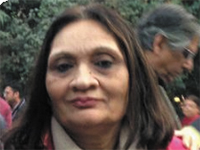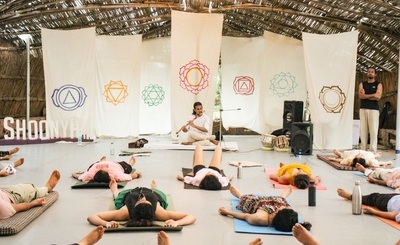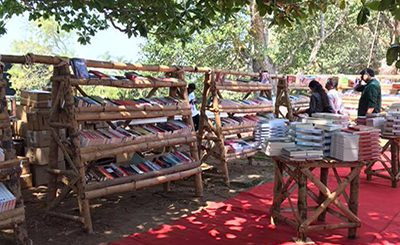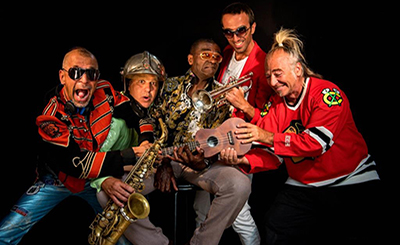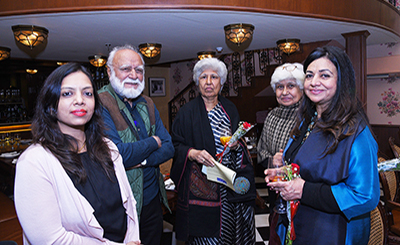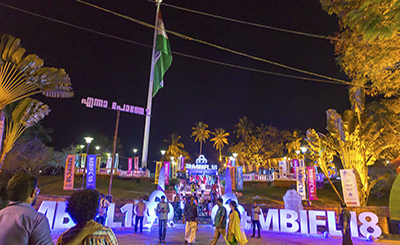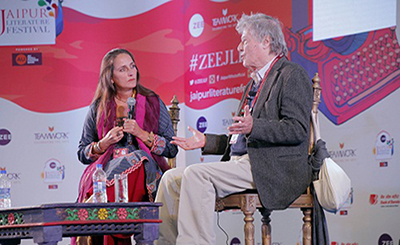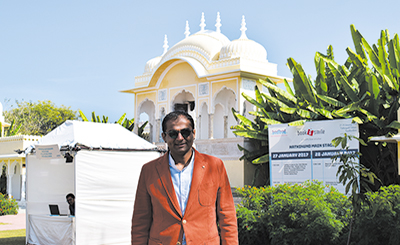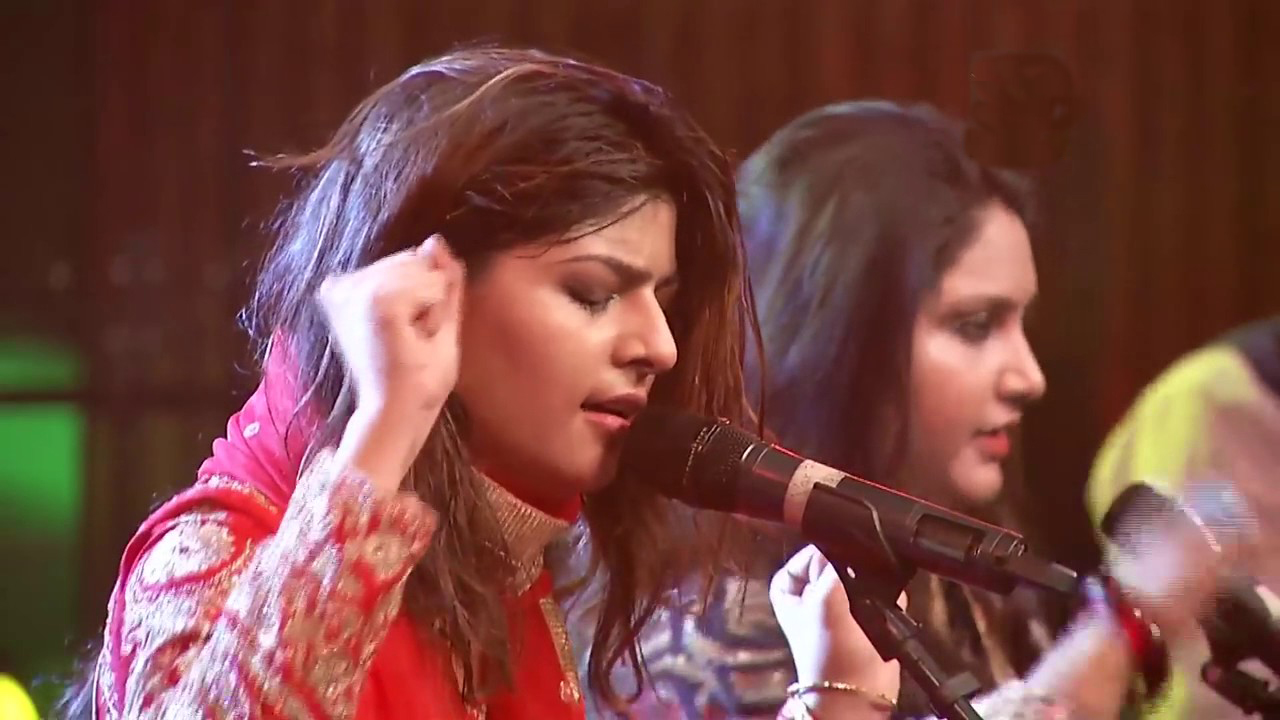
On April 15, Nooran Sisters, Sultana and Jyoti, will bring to the Utsav the very essence of folk music — uninhibited, rustic, strongly evocative of the Sufi traditions of Punjab.
Gurgaon Utsav 2018 is all set to celebrate the festival of Baisakhi with India’s folk music and storytelling traditions.Treat yourself to hauntingly beautiful live music and magical stories under the stars as your soul embraces the natural surroundings of Aravalli Biodiversity Park.
The festival opens with Dastango Mahmood Farooqui and his latest Dastan-e Karn-Az-Mahabharat on the great Karna and his heroism on April 13.
Beautifully both written and acted by Farooqui, the dastan is produced by Anusha Rizvi. This unique production confronts the imagination in many ways. For one, unlike the Ramayana, oral recitations and performance of the Mahabharata are rare and rarer still in Urdu. Farooqui slips from Urdu to Sanskrit and Arabic without missing a consonant.
It is unusual to have so many different languages employed by a single performer in one show. Farooqui, a Rhodes scholar from University of Oxford, began reinventing dastangoi, the 16th-century Urdu oral storytelling art form, in 2005. Since then, he has performed thousands of shows across the world. Apart from bringing alive the old epic of Dastan-e-Amir Hamza, he has innovated dastangoi by using it as a medium to tell modern tales.
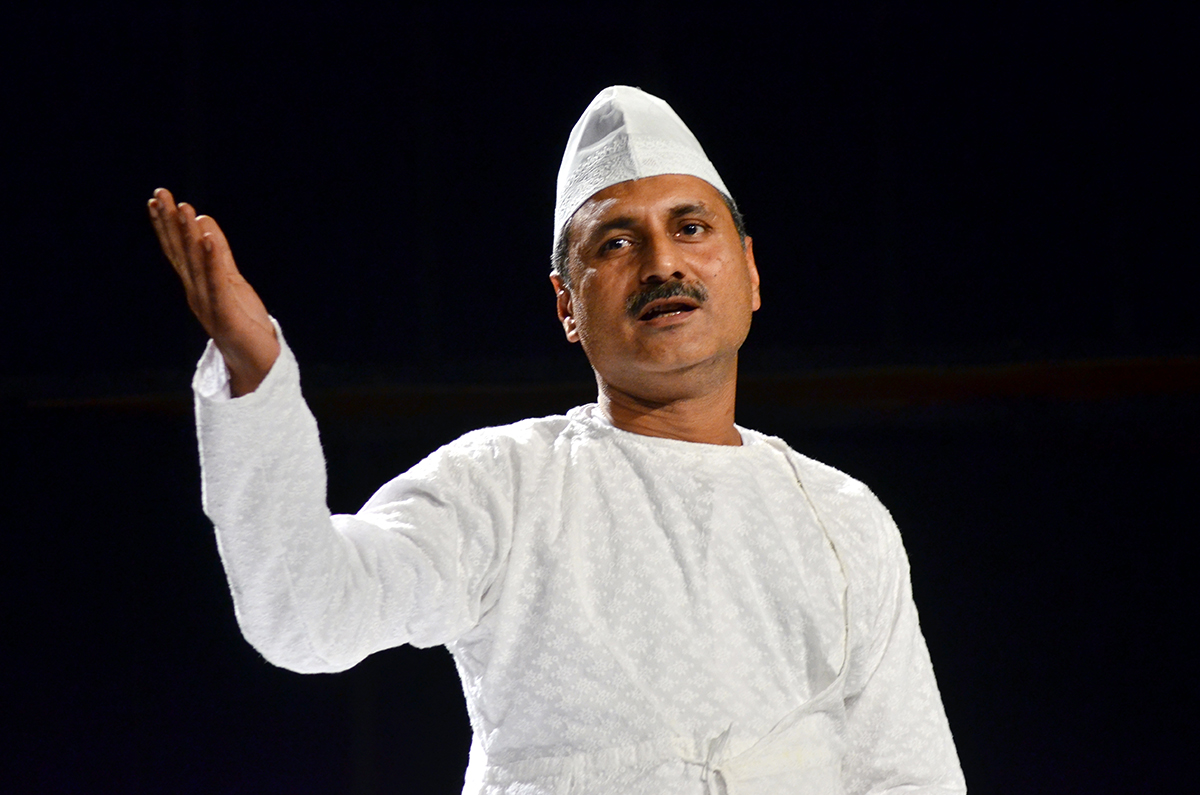
Dastango Mahmood Farooqui's latest, Dastan-e Karn-Az-Mahabharat, is based on the great Karna and his heroism.
“The story goes that when Karn was dying in Kurukshetra. He was dying in Krishna’s arms. He asked Krishna a set of questions about his life and what has happened to him and why. One of the questions he asked: ‘Just tell me this will my fame last as long as Arjuna’s?’ Krishna assured him that his fame will last longer than Arjuna’s.And so it is that in every age and every era, Karn has been remembered and we have been reinventing him and revisiting him. It is not a coincidence that very significant writers and thinkers of the twentieth century have gone back to Karn because he represents many things. The triumph of will and spirit over circumstances. The triumph of nobility over injustice. The triumph of generosity over exploitation and the triumph of sacrifice over selfishness,” says Farooqui about the story of Karn.
On April 14, Padma Shri Prahlad Singh Tipanya will take centrestage with his rendition of Kabir. He combines singing and explanation of Kabir bhajans in the folk style of the Malwa region of Madhya Pradesh.
Prahladji has a powerful singing style and a magnetic ability to communicate with his audiences. His flawless and sublime music is more than just entertaining. They are deep engagements with the spiritual and social thought of Kabir. In Malwa, he is not only admired as a singer, but also revered as the one who propagates, with great personal intensity and engagement, the messages of Kabir. His concerts stress the need to rise above petty divisiveness, sectarianism, empty ritualism and hypocrisy, and the need to adopt love as the ultimate religion. Prahladji has resolutely nurtured a Malwi folk music idiom. He performs with his troupe, which includes accompanying singers and instrumentalists playing manjira, dholak, harmonium, timki and violin. Prahladhji himself plays the tambura and kartal.
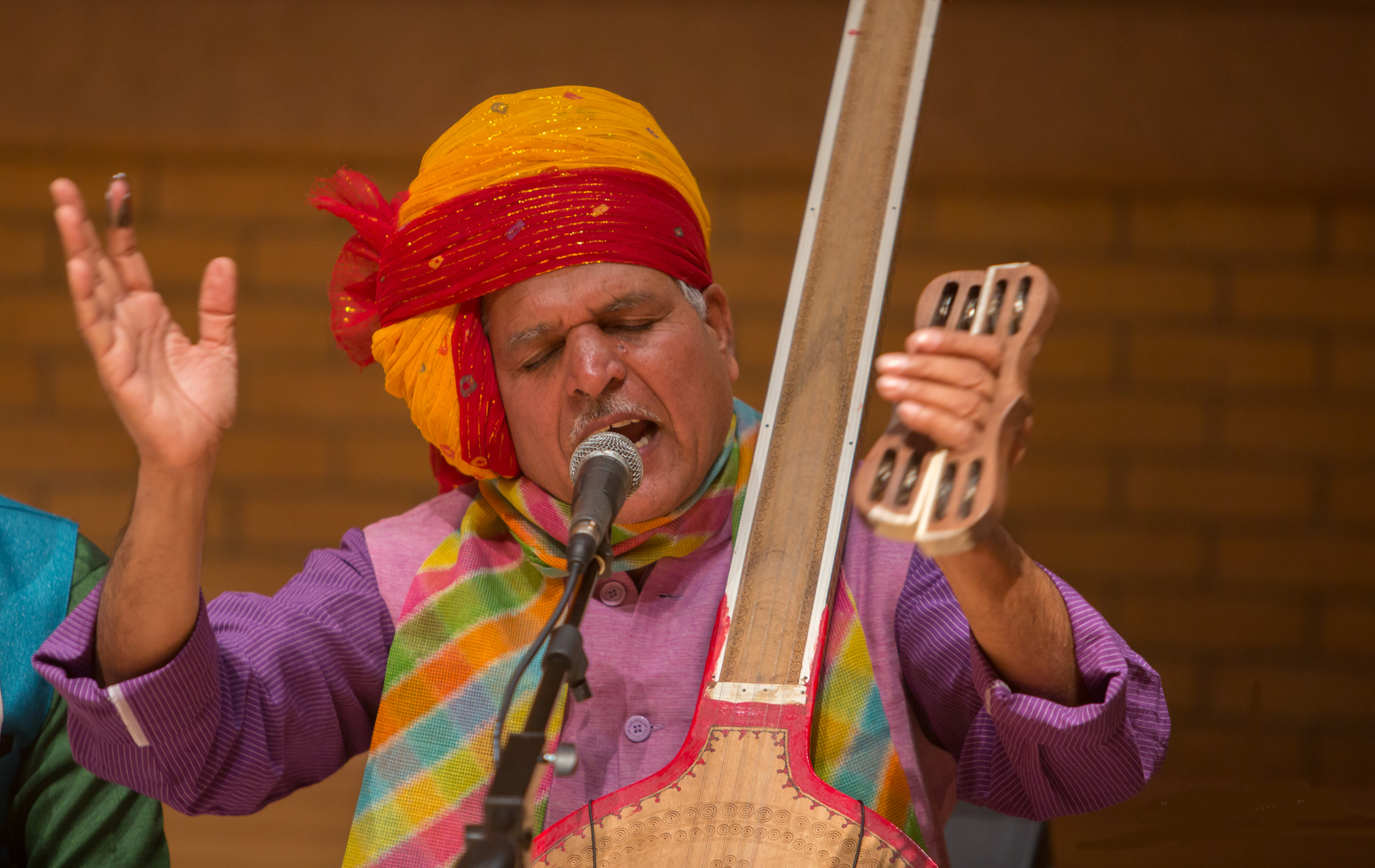
On April 14, Padma Shri Prahlad Singh Tipanya will take centrestage with his rendition of Kabir.
Kabira khara bazar mein sabki mange khair, na kahu se dosti na kahu se beir are the lines Prahladji quoted when he was talking about the relevance of Kabir in today’s world full of strife and conflict. He feels Kabir’s dohas breaks all boundaries and unites everyone, creating an oneness, so important today.
Finally, on April 15, the last day, Nooran Sisters, Sultana and Jyoti, will bring to the Utsav the very essence of folk music — uninhibited, rustic — strongly evocative of the Sufi traditions of Punjab. When Jyoti recites Bulle Shah and the great Sufis in her deep resonating voice, she has her audience spellbound and asking for more. The duo’s style is reminiscent of qawwali — the only difference is that the electrifying excitement is created by two young girls who have distilled the tradition they were born into and transformed it into a unique and powerful energy. Their grandmother, Bibi Nooran, was a musician of repute and music formed an integral part of their childhood. They follow the Sham Chaurasi Gharana and ‘Marasi’ traditions of music. Nooran sisters are known for singing the popular Pataka guddi song from the movie Highway; they have lent their voice to the title track of TV show Warris. “This has culminated in their collaboration with A R Rahman in several movies.
“Our bodies, when we sing, don’t feel like they are ours anymore. It is like ibaadat, surrendering to Allah,” says Sultana.
The Gurgaon Utsav is presented by the Arts and Literature Foundation, in partnership with the Municipal Corporation of Gurgaon and the Department of Art and Cultural Affairs, Haryana. Powered by DLF 5, The Gurgaon Utsav will be held on April 13, 14 and 15 at the Aravalli Biodiversity Park at 7 pm.
More from Events
Comments
*Comments will be moderated



